All of the UN’s peace and security institutions are guided by the imperative of making the full and equal inclusion of women an integral part of their work. This includes the Office of Rule of Law and Security Institutions (OROLSI). As we commemorate the 20th anniversary of Security Council resolution 1325 on Women, Peace and Security (WPS), we take a closer look at how the different components of OROLSI promote the advancement of women around the globe.
OROLSI deploys high quality technical expertise and advisory support at the request of host-Governments to assist conflict-affected countries re-establish rule of law and security institutions necessary to build and sustain peace. Around the world, more than 15,000 UN rule of law and security professionals are fulfilling a wide range of tasks: Police peacekeepers patrol crime hotspots alongside officers from national law enforcement agencies; weapons experts educate civilians on the risks of explosive hazards; judicial and corrections officers help ensure that all citizens be treated equally under the law; Disarmament, Demobilization and Reintegration specialists help former fighters reintegrate into society and security sector reform advisors ensure that oversight and accountability are built into police, defence and intelligence services.
“As we know, political solutions are more sustainable when women’s contributions and perspectives are prioritized,” Alexander Zouev, Assistant Secretary-General for Rule of Law and Security Institutions, told Politically Speaking this week. “OROLSI remains fully committed to sustain these efforts through the provision of technical advice in our areas of expertise, serving as core components of UN peace operations and deploying to support peace negotiations including by advising on confidence building measures to propel the resolution of protracted conflicts,” he said.
Below we highlight how OROLSI’s five components – Justice and Corrections Service, Police Division, Disarmament, Demobilization and Reintegration Section, Security Sector Reform Unit and UN Mine Action Service – work towards the implementation of the Women, Peace and Security agenda around the world.
Justice and Corrections
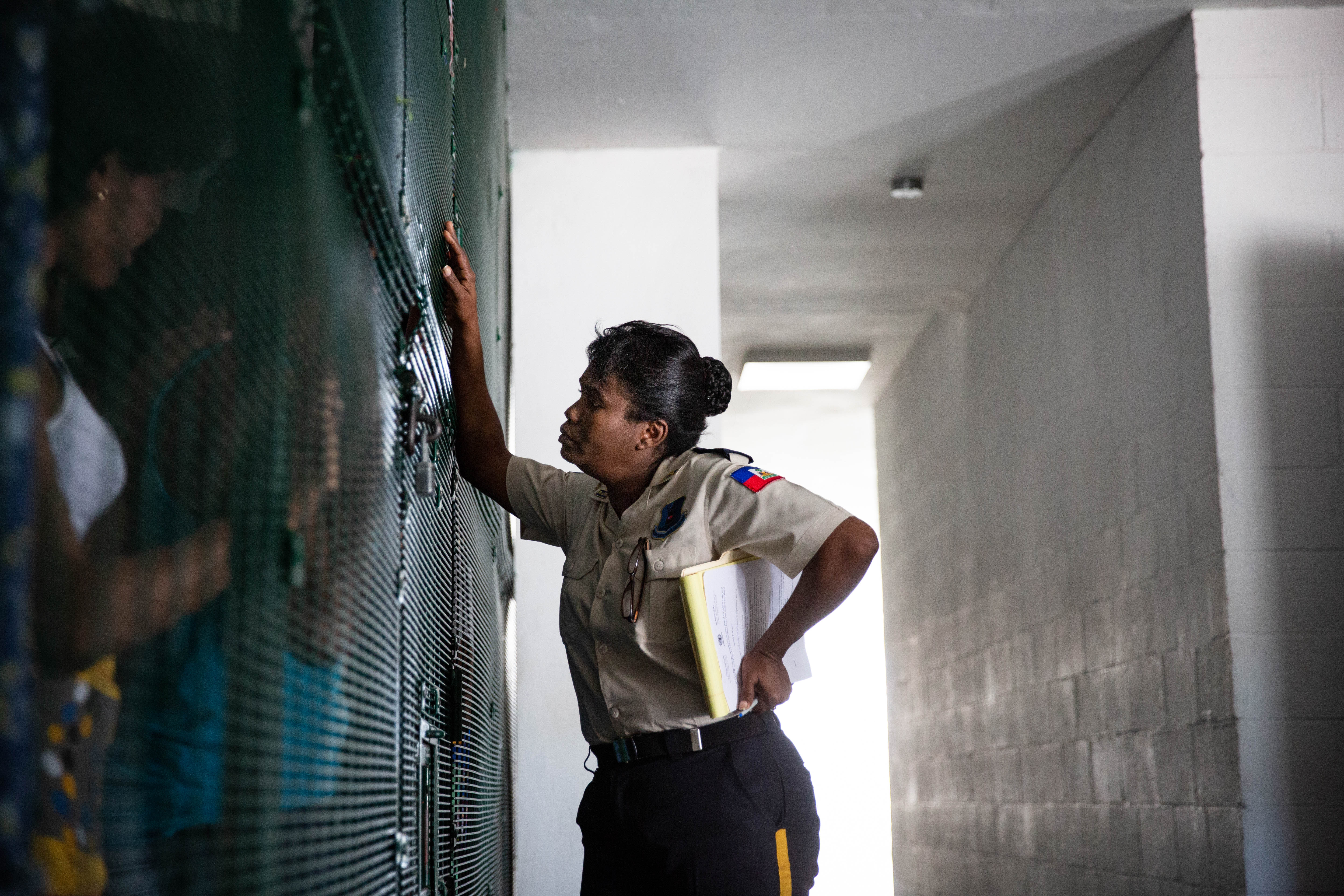
Working with national counterparts, OROLSI’s Justice and Corrections Service promotes accountability for serious crimes, revisions of discriminatory policies and practices and linkages with informal justice mechanisms that promote and protect the rights of women and girls. This includes advocating for the inclusion and appointment of women in justice and prison institutions, the provision of gender-responsive training to judges, prosecutors, lawyers, prison officers, civil society and community groups, and the improvement of detention conditions for women. In countries where sexual violence in conflict is prevalent, supporting national efforts to investigate, prosecute and adjudicate such violations is part of the job. And in contexts where the return of internally displaced persons is challenged by disputes over property ownership and use, justice components facilitate the development of national frameworks with measures to protect women’s land rights.
In Puntland, Somalia, the UN Support Mission in Somalia (UNSOM)’s Joint Justice and Corrections Service focuses on gender sensitive capacity building for state institutions to increase the capacity of public officials to support the participation of women, consider their specific needs, and facilitate the protection of rights of women in the criminal justice chain.
UN Police
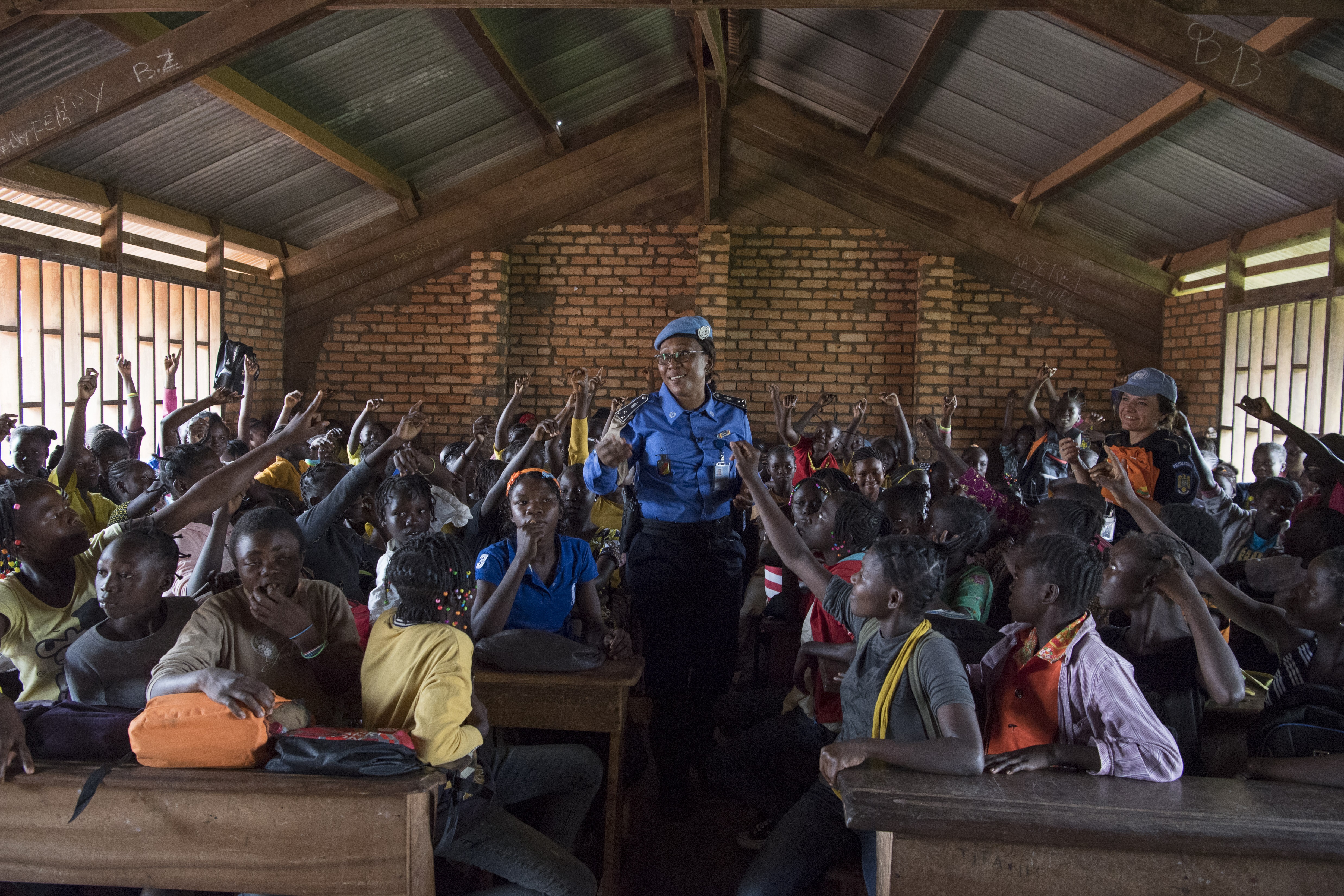
As a component of UNSOM, UN Police (UNPOL) hosts monthly meetings with women’s groups in Puntland to discuss women’s access to justice and security. This includes the Talawadag Women Movement Leaders, an advocacy group addressing cross-cutting social and economic problems, and the Women Lawyer’s Association which provides free legal counselling, advice and representation with focus on family law and sexual violence. These meetings provide a stable forum for women’s organizations to advocate for their issues, share priorities and challenges, as well as to highlight areas where the United Nations can provide further support.
Women’s visibility and participation in UNPOL operations provides a clear illustration that policing is at its best when it reflects fully the community it serves and that all policing functions are undertaken by women and men alike – none are reserved based on gender. UNPOL maintains an active network of Gender Advisers who maintain contact with host-State police institutions and communities. These relationships are integral to UNPOL’s efforts to garner political commitment with respect to the implementation of the WPS agenda.
Disarmament, Demobilization and Reintegration (DDR)
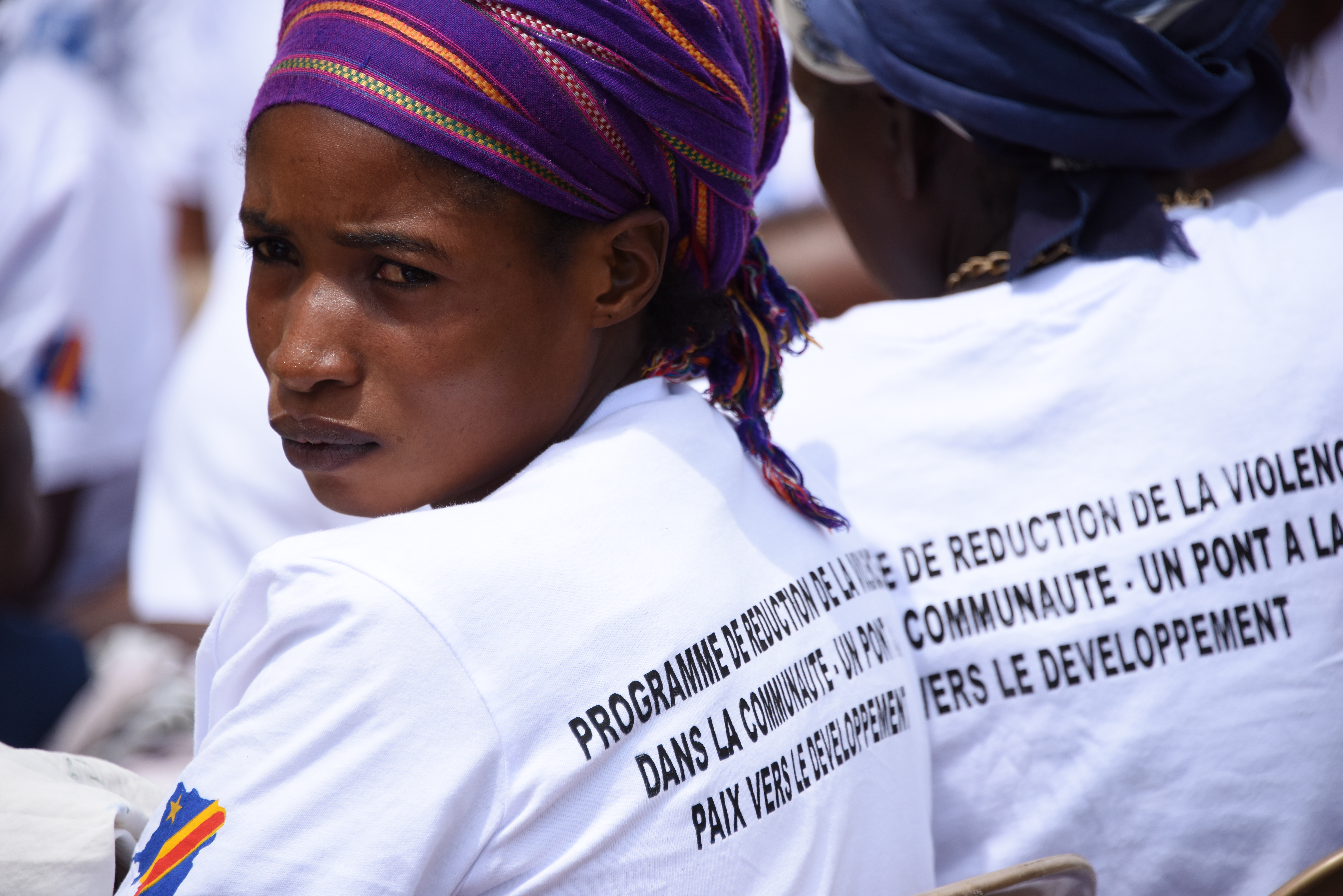
In 2019, through funding provided by the Peacebuilding Fund (PBF), UNSOM’s DDR programme, together with the International Organization for Migration (IOM) Somalia and national partners, initiated the provision of rehabilitation support to women formerly associated with Al-Shabaab. Through women-led civil society organizations (CSO), over 150 women formerly associated with Al-Shabaab and 1,000 community members were engaged in holistic and gender-sensitive services to promote rehabilitation and sustained socio-economic reintegration. In 2013, the Federal Government of Somalia had developed the National Programme for the Treatment and Handling of Disengaged Combatants; however, it focused on men disengaged combatants and lacked gender-specific interventions to address the needs of women. Given this constraint, there was limited understanding of women’s roles in violent extremist groups, how they engage and disengage and how to respond to their priorities which comprise both humanitarian and security dimensions.
The successful implementation of the PBF-funded project helped mobilize additional resources and enabled the construction of two women’s rehabilitation centres in Baidoa and Kismaayo in 2020. Through the new facilities, rehabilitation includes the provision of comprehensive services such as monthly allowance, case management, religious counselling, basic education, livelihood and small-business development training.
Security Sector Reforn
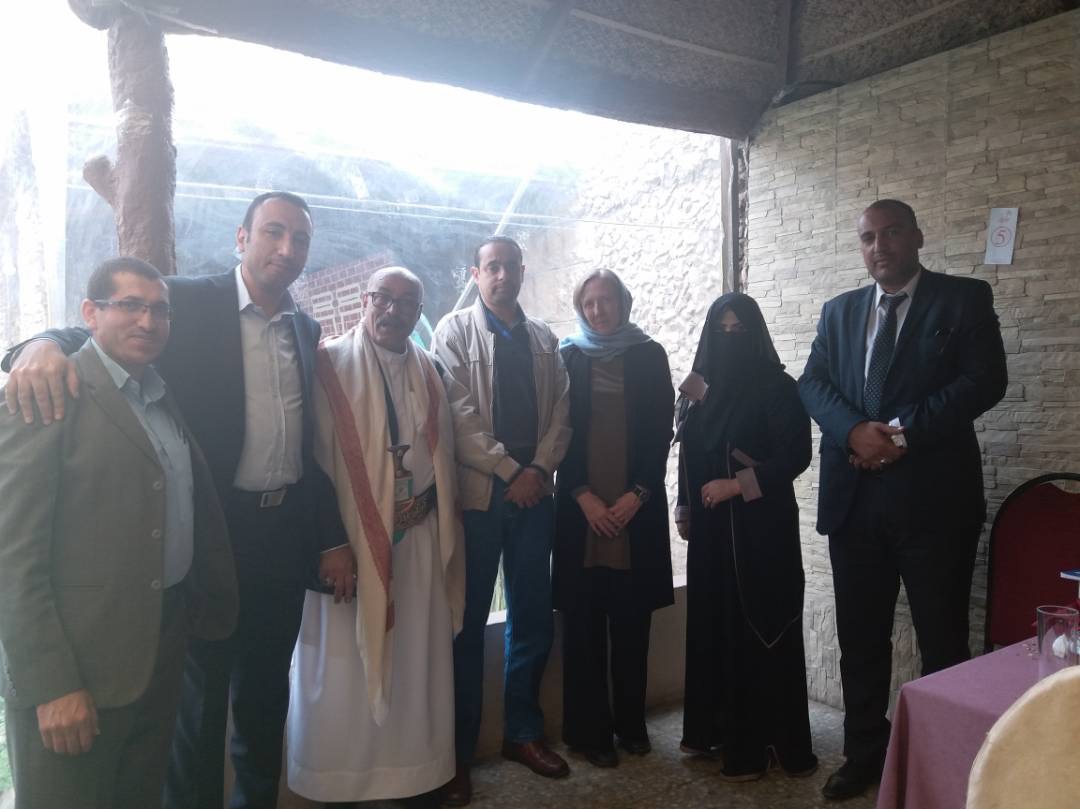
The Security Sector Reform (SSR) Unit advances women’s meaningful participation in the security sector by facilitating policy dialogue with Member States, sharing lessons learned and good practices and developing guidance. At field levels, SSR teams support national governments in addressing barriers to women’s recruitment, retention, and promotion in security institutions and strengthening capacity of security providers to protect women from all forms of violence. Their work is anchored in the WPS agenda, the principles of Security Council resolution 2151 (2014), the 2012 UN Integrated Guidance Note on Gender Responsive SSR, and 2011 UN Defence Sector Reform Policy.
In Somalia, Marta Duro, Senior SSR Officer of the Rule of Law & Security Institutions Group of UNSOM, has been leading efforts to mainstream gender in the implementation of the National Security Architecture Agreement, the Transition Plan, and the country’s Comprehensive Approach to Security. She emphasized that “creating an environment conducive to the advancement of women in the security and defence sectors is central to diminishing patriarchy, discriminatory power structures and to demilitarizing Somali society.”
In Yemen, the Chief of the SSR Section in the Office of the Special Envoy of the Secretary-General in Yemen, A. Heather Coyne, advances United Nations efforts to promote women’s participation in the negotiations pertaining the transitional security arrangements. “A major track of my work has been finding channels for civil society and other women’s organizations to meaningfully participate in decision-making, such as pushing issues to a local level where women activists have more influence,” explained A. Heather.
In Burkina Faso, Mpako Foaleng, a Specialist in SSR and member the United Nations Advisory SSR Team deployed in January 2017, is working to support authorities in undertaking gender-responsive reforms in their security sector. “I helped to set up a gender-balanced platform of civil-society organizations, which enabled women and youth to get involved in the national SSR process. It is vital to ensure women’s inclusion upfront, right when the new security architecture is being designed,” Ms. Foaleng said.
UN Mine Action Service
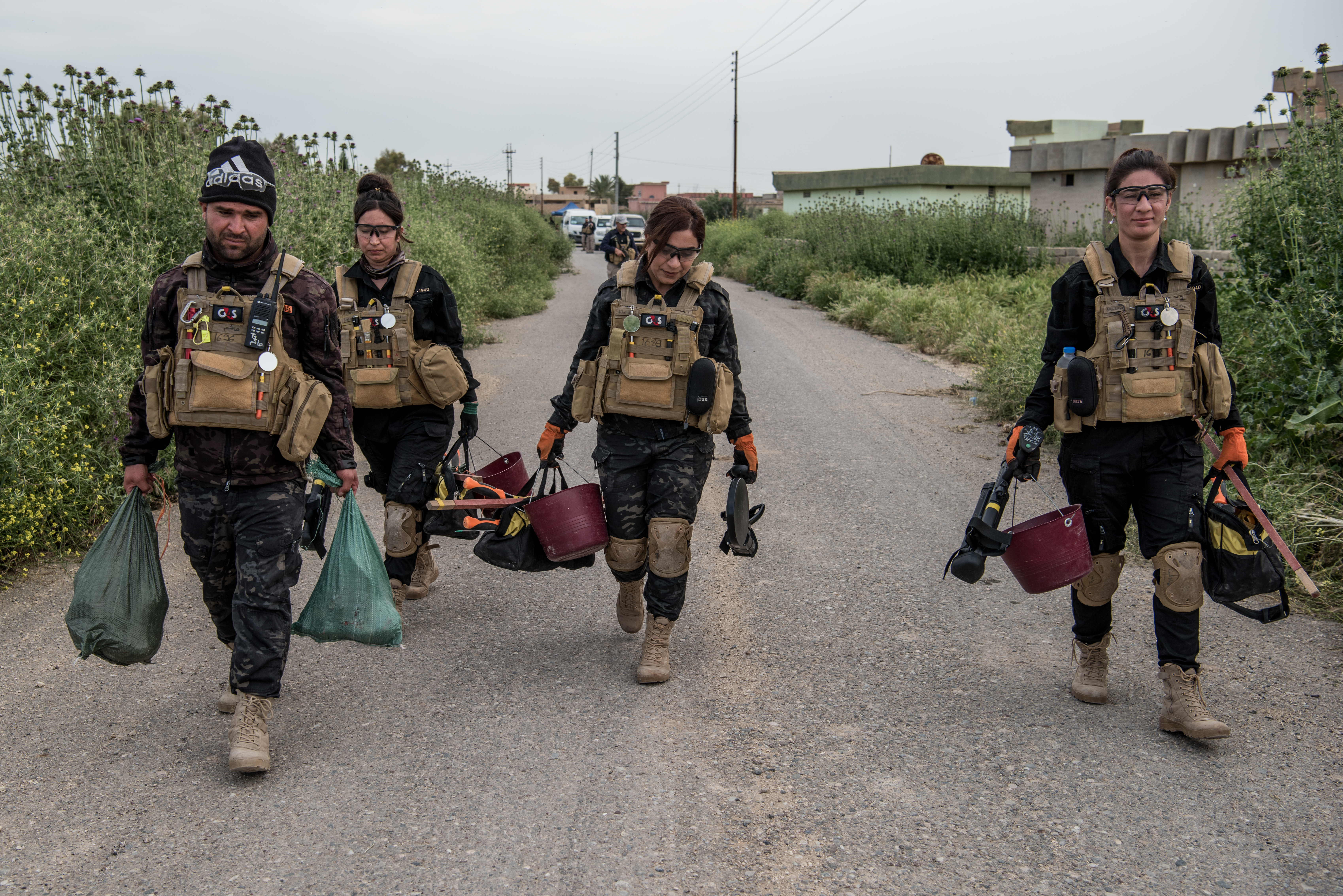
The increased participation of women in mine action has wide-reaching effects. The training of women deminers and risk educators is a boon for women’s economic agency. Security sector mentoring and training targeted at women – for example in Iraq, where the UN Mine Action Service (UNMAS) delivered courses on explosive accident first response to women police officers – can break down gender barriers in security institutions.
“When they tell me that the work that women do in mine action is ‘heroic’ I don’t take it literally,” said Ms. Ochoa. “More than being classified as a ‘hero’’ for my work, I would like to be seen by other women so that they know it is possible to make a career in mine action”.
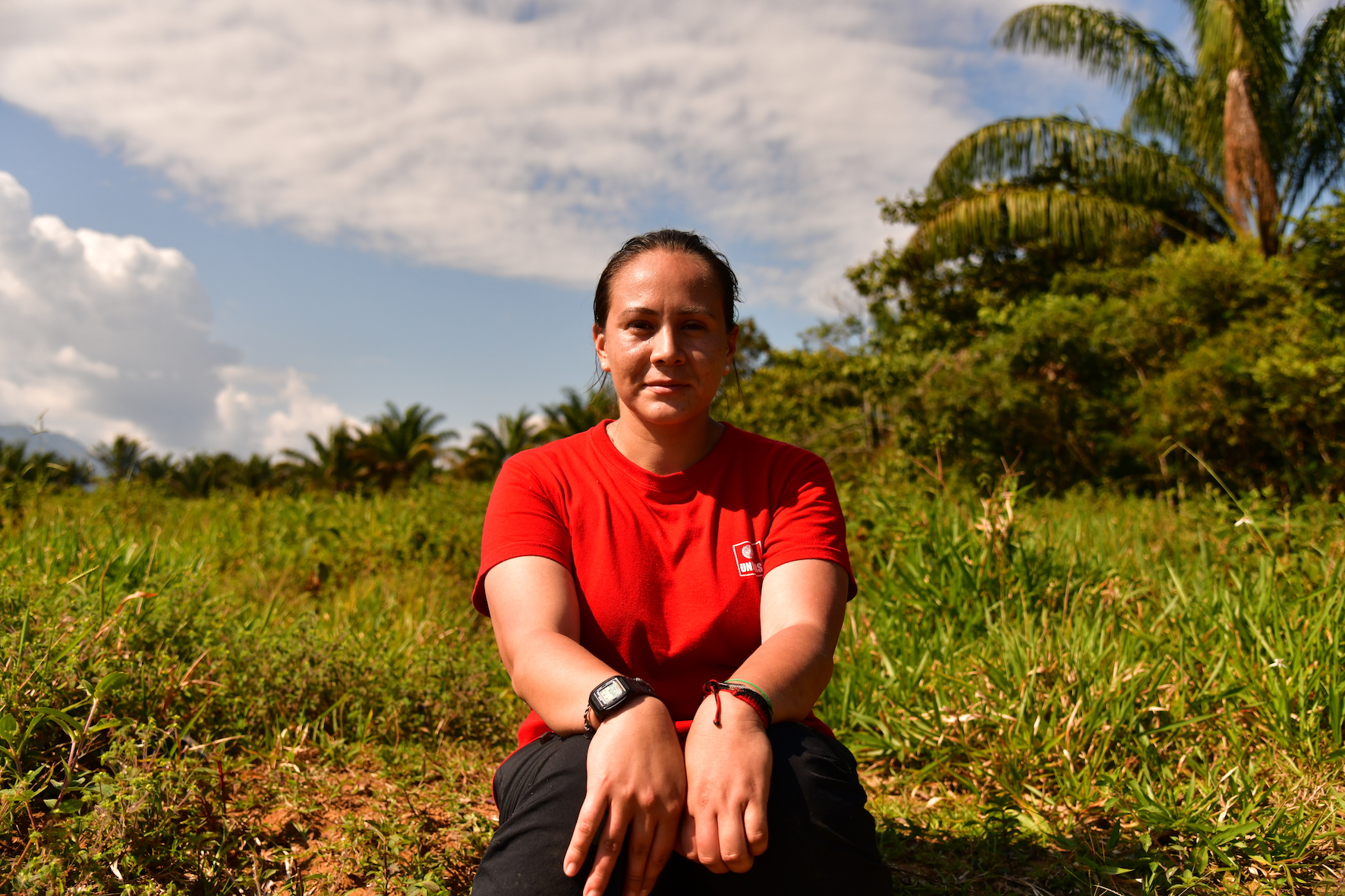
Mine action can also pave the way for women to play a greater role in peace processes. As an operations and training officer in UNMAS Colombia, Nathalie Ochoa supported the creation of a humanitarian demining organization made up of former FARC combatants. The organization, HUMANICEMOS DH, aims not only to clear the explosive remnants left over from Colombia’s more than 50-year civil conflict, but to also reintegrate former combatants – many of whom are women – into society.
In Ms. Ochoa’s view, it is not just about getting women into mine action; they must be able to climb the ranks. “Now the challenge is to stop measuring gender policies based on the percentages of women hired, especially when these women cannot climb to high leadership positions”, she says. Rather, she argues that more training and mentoring opportunities are needed, particularly given that many areas affected by EO are rural ones, where local communities, including women, are not always in a position to access higher education.
Women police officers comprise 15% of UN Police, women justice and corrections government provided personnel increased from 25% in 2018 to 30% in October 2020, UN Mine Action has seen an increase in the number of women in technical positions from 3% in 2017 to 19% in 2020 and in peacekeeping missions in Darfur, Sudan, Mali and the Central African Republic women make up about 30% of Disarmament, Demobilization and Reintegration specialists.
Title picture: Mine Risk Awareness at a school in Um Serdiba, Southern Kordofan. UN Photo/Johann Hattingh
